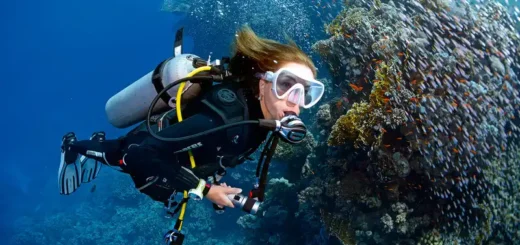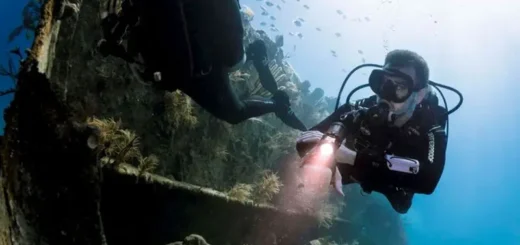Dive Travel Tips and Tricks for New Zealand
Diving is a popular activity in New Zealand, with many people enjoying the opportunity to explore the country’s diverse underwater world. If you’re thinking of taking a diving trip to New Zealand, here are a few tips and tricks to help you make the most of your experience.
1. Choose the right time of year to travel
The best time to dive in New Zealand is during the summer months of December to February. The water temperature is at its warmest during this time of year, making it more comfortable to dive for longer periods. The visibility is also generally good during the summer months.
If you’re looking to avoid the crowds, the shoulder season of March to November is a great time to travel. You’ll still be able to enjoy good weather and water conditions, but you’ll find that the dive sites are less crowded.
2. Get your dive gear sorted before you travel
One of the most important things to do before your trip is to make sure that your dive gear is in good working order. Get your wetsuit, fins, mask and snorkel serviced and make sure that you have all the necessary equipment for a safe and enjoyable dive.
If you’re hiring dive gear while in New Zealand, make sure to do so in advance so that you can be sure of getting the gear that you need.
3. Choose your dive sites carefully
New Zealand is home to a huge range of different dive sites, from sheltered bays to open-ocean reefs. It’s important to choose dive sites that are suitable for your level of experience and fitness.
If you’re not sure which dive sites to choose, speak to a local dive operator or instructor who will be able to give you some recommendations.
4. Be prepared for cold water diving
Even in the summer months, the water temperature in New Zealand can be quite cold. It’s important to wear a wetsuit that is thick enough to keep you warm, even in the colder water.
A good rule of thumb is to wear a wetsuit that is at least 7mm thick. If you’re diving in water that is particularly cold, you may even want to consider wearing a drysuit.
5. Be aware of the risks
Diving can be a dangerous activity if you’re not prepared and aware of the risks. Make sure that you are familiar with the safety procedures and that you have the necessary equipment for a safe dive.
If you’re unsure about anything, don’t hesitate to ask a qualified dive instructor for help and advice.
By following these tips, you’ll be sure to have a safe and enjoyable diving trip to New Zealand.




